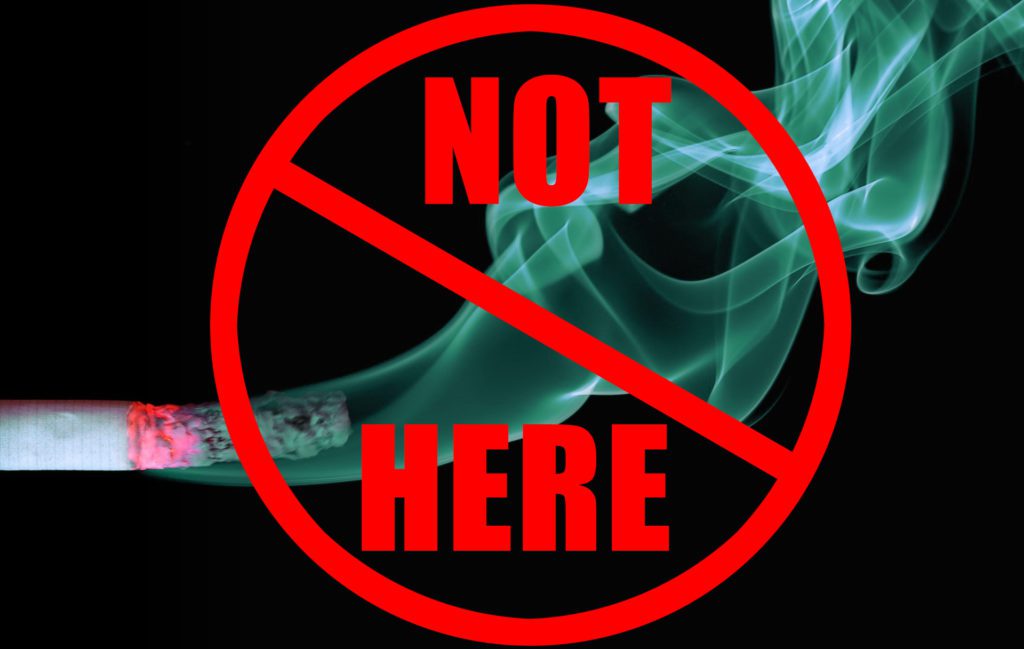What do Florida Employers Need to Know About Medical Marijuana Laws?
Reading Time: 7 minutes
After multiple failed attempts, a medical marijuana amendment to the Florida Constitution overwhelmingly passed in November of 2016. In response to the amendment, the Florida legislature passed Fla. Stat. § 381.986. While Florida previously had allowed medical marijuana for terminally ill patients under the Compassionate Medical Cannabis Act of 2014 (also known as the “Charlotte’s Web Act”), the amendment passed in November 2016 called for an expansion on the the amount of recipients who can receive medical marijuana in Florida. This has implications for employers who have a drug-free workplace and adhere to the Americans with Disabilities Act.
13 Medical Conditions Currently Listed In Statute As Eligible For Medical Marijuana
Though the law is evolving so fast that this blog post may be obsolete in short order, under Fla. Stat. § 381.986 (2), medical marijuana recipients in Florida include:
- Cancer
- Epilepsy
- Glaucoma
- Positive Status for human immunodeficiency virus (HIV)
- Acquired Immune Deficiency Syndrome (AIDS)
- Post-Traumatic Stress Disorder (PTSD)
- Amyotrophic Lateral Sclerosis
- Crohn’ Disease
- Parkinson’s Disease
- Multiple Sclerosis
- Medical Conditions of the same kind or class as or comparable to those mentioned above
- A terminal condition
- Chronic nonmalignant pain
While this list is non exhaustive, the language “medical conditions of the same kind or class as or comparable” supports the idea that courts will expand this list to include other ailments. Due to the expansion of Florida’s medical marijuana law and the lack of case law to give guidance, issues involving the use of medical marijuana are inevitable. With this change, employers are right to worry about how the new medical marijuana laws affect any anti-drug policies they have.
Employers Can Still Have A Drug-free Workplace Under Florida Law
Fla. Stat. 381.986 (15) specifically allows an employer to create, continue or enforce a drug free policy while at the workplace. “Drug free” includes an employee’s medical marijuana use. An employer is also not required to accommodate an employee’s marijuana use, regardless of whether it was being used for medical purposes or not. Also, employers can still drug test for marijuana under Fla. Stat. § 440.102. Although the statute legalizes medical marijuana, it specifically rejects the idea of creating a cause of action for wrongful termination based on an employee’s marijuana use. In other words, at present time, it appears an employee cannot sue an employer for firing them if the firing was based on medical marijuana use.
Furthermore, Florida law creates monetary incentives for employers to create these drug-free policies. Normally, Florida law allows for significant discounts on worker’s compensation premiums if the employer enacts a drug free environment at the workplace. Fla. Stat. 627.0915. However, medical marijuana is not reimbursable under worker’s compensation claims. Fla. Stat. 381.986 (15). Thus, an employer allowing medical marijuana at the workplace may force them to lose their “drug free” classification and could actually increase that employer’s workers’ compensation premiums.
While the legislature recognizes that persons with certain disabilities should be allowed to have medical marijuana, the legislature simultaneously acknowledged the employer’s right to not have impaired employees. The plain language from the Florida Legislature demonstrates that the passage of the medical marijuana statute was not intended to limit an employer’s ability to prevent marijuana use at the workplace. Due to the law’s infancy, we do not have the benefit of Florida court opinions to help guide our interpretation. However, a reasonable interpretation of the law shows that employers are allowed and even encouraged to create a drug free work environment.
Employers Can Have A Marijuana-Free Environment Under Federal Law Despite The Americans with Disabilities Act
Employees who are prevented from smoking medical marijuana also cannot bring a discrimination claim under the Americans with Disabilities Act (ADA). Title I of the ADA prohibits employers from discriminating against qualified disabled employees. Under the ADA, a disability is a “physical or mental impairment that substantially limits one or more major life activities, a person who has a history or record of such impairment, or a person who is perceived by others to have such impairment.” 42 USC § 12102(1). However, even if an employee has a disability, he/she still needs to be a qualified individual to bring an ADA claim. The definition of “qualified individual” does not include those who are currently engaged in the illegal use of drugs. 42 USC § 12114(a).
For ADA purposes, the illegality of drugs is defined by the Controlled Substances Act (“CSA”). Although some states have legalized marijuana recreationally and medically, marijuana is a Schedule-1 narcotic and thus illegal under the CSA with “no currently accepted medical use.” With marijuana illegal under federal law, an employee with a medical marijuana recommendation is still not a “qualified individual” and thus cannot bring a discrimination claim under the ADA against an employer for preventing the employee’s consumption of medical marijuana.
Federal Court Allowance Of Discrimination Claims
Federal courts have allowed discrimination claims to continue against employers, but only under state law. Noffsinger v. SSC Niantic Operating Company LLC, 273 F.Supp. 3d 326 (D. Conn. 2017). In Noffsinger, the plaintiff was fired for testing positive for marijuana. The plaintiff then brought a claim under a Connecticut statute. The court held that, although marijuana is illegal for federal purposes, the ADA did not preempt potential plaintiffs from bringing claims under state laws.
Cases like Noffsinger should not affect Florida employers because the Florida statute, unlike the relevant Connecticut statute, does not create a cause of action for marijuana discrimination. Unless the statute is amended to create this cause of action, Florida cases are much more likely to be interpreted like Emerald Steel v. Bureau of Labor, 230 P.3d 518 (Or. 2010). In Emerald Steel, an employee was fired for testing positive for marijuana even though the employer knew the employee had a medical recommendation from a doctor. The Supreme Court of Oregon held that, without a cause of action in the state statute, the employer was not under an obligation to accommodate the employee’s marijuana use. With the Florida statute being much more similar to Oregon’s rather than Connecticut, Florida courts are likely to side with the employer when it comes to preventing marijuana use for employees. Who knows what the right case under the right set of facts might bring though?
Additional Considerations
While there are other potential federal issues besides the ADA, due to marijuana’s classification as a Schedule-I narcotic under the CSA, employees are not likely to find any recourse under federal law. For instance, businesses covered under the Drug-Free Workplace Act would not be held liable for terminating an employee for medical marijuana use. 41 USC § 8101. Court opinions such as Carlson v. Charter Communications, LLC, 2017 WL 3473316 (D. Mont. 2017) have reiterated the principle that, as long as marijuana is classified as a Schedule-1 narcotic under the CSA, an employer can discharge an employee for medical marijuana use. In Carlson, an employer required to abide by the Drug-Free Workplace Act fired an employee for using medical marijuana. Although legal in Montana, the court nonetheless held that the employee did not have a cause of action against the employer under federal law due to marijuana’s schedule-1 classification under the CSA.
Conclusion
As long as the Florida statutes are not amended to create a cause of action for medical marijuana discrimination, Florida businesses are still entitled to have a drug free workplace. The plain language of the legislation allows and encourages employers to create a drug-free, and specifically marijuana free, workplace. Finally, with marijuana classified as a Schedule-I narcotic under the CSA, employers do not need to fear repercussions at the federal level. The Florida legislation is obviously new, but, if other states are any indication, Florida employers still have a right to be marijuana-free.



